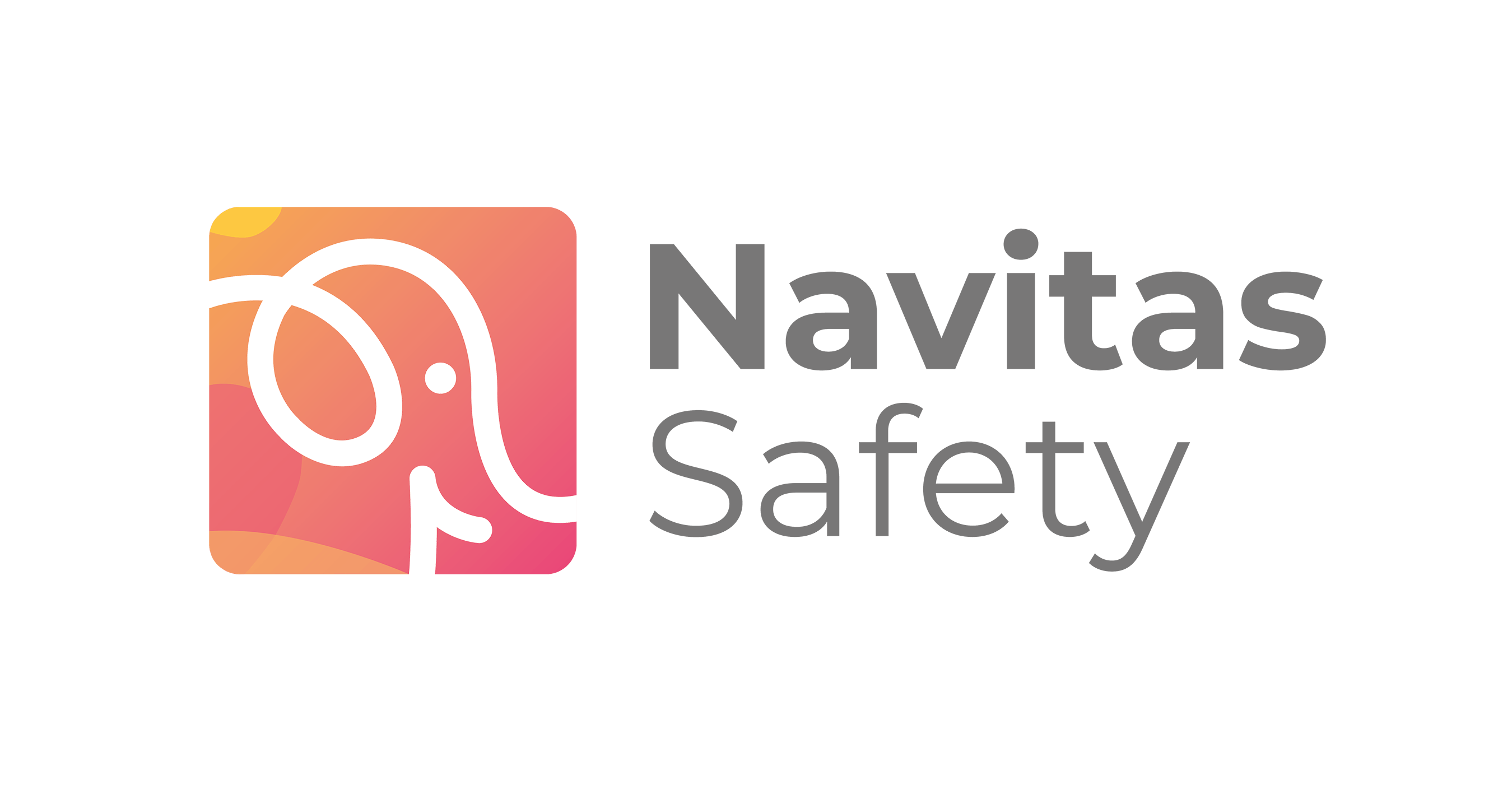Food safety is paramount in the hotel industry, directly influencing legal compliance, guest trust, brand reputation, and operational success. From breakfast buffets to fine dining restaurants and room service, hotels face unique challenges in maintaining food safety standards.
According to the UK’s Food Standards Agency (FSA), foodborne illnesses cost businesses £9 billion annually, with 2.4 million cases reported each year. Additionally, 60% of diners state they would never return to a venue after a poor hygiene experience—a figure that carries even greater weight in the highly competitive hotel industry.
This blog sheds light on hidden food safety risks in hotels and explores how technology can address these challenges. By leveraging digital tools, hotels can improve compliance, streamline operations, and elevate guest experiences.
1. Missing Records: A Hidden Compliance Pitfall
Forgetting to record critical food safety data, such as delivery temperatures or cooling logs, is a common oversight in hotel kitchens. While guests may not see these gaps, they can lead to significant compliance failures during audits or, worse, after a foodborne illness outbreak.
Why It’s Risky:
Accurate records are the backbone of a hotel’s due diligence defence. Missing data exposes hotels to non-compliance penalties, legal action, and reputational damage.
Tech Solution:
Digital food safety management systems automate record-keeping, ensuring accuracy and reliability. Tools like Navitas Safety:
- Automate temperature monitoring to reduce human error.
- Centralise records for easy access across multiple outlets (restaurants, bars, room service, etc.).
- Send alerts and reminders to ensure tasks like cleaning schedules and equipment checks are completed on time.
Hotels using digital tools have saved over 22 hours per month on compliance tasks, enabling teams to focus on delivering exceptional guest experiences.
2. Poor Training: The Staff Knowledge Gap
Inconsistent or insufficient training is a recurring issue in hotel operations. With diverse teams across various food and beverage outlets, staff may mishandle food or overlook safety checks due to a lack of understanding.
Why It’s Risky:
Without comprehensive training, employees may not fully grasp the importance of food safety, increasing the likelihood of contamination or spoilage.
Tech Solution:
Interactive, multilingual training modules tailored to hotel operations ensure all team members understand their roles and responsibilities. Real-time feedback and coaching help reinforce compliance.
Expert Insight:
Explaining the ‘why’ behind food safety motivates teams to stay proactive. Food safety isn’t just a box to tick—it’s about protecting guests and the hotel’s reputation.
3. Temperature Monitoring: A Common Weak Spot
Maintaining consistent temperature control is critical for food safety in hotels, but manual checks often fall short. With high volumes of food stored for room service, banquets, and restaurants, any deviation can compromise safety.
Why It’s Risky:
Improper temperature control contributes to 25% of food spoilage in the hospitality sector (WRAP, 2022). For hotels, this can lead to significant financial loss and safety risks.
Tech Solution:
Real-time sensors automate temperature monitoring, providing instant alerts for deviations and securely logging data for compliance. This reduces food waste and ensures guest safety across all hotel operations.
4. Dirty Equipment: The Overlooked Threat
Improperly cleaned kitchen equipment, such as slicers, ovens, or coffee machines, or ice machines is a common problem in hotel kitchens and front of house areas such as bars. Beyond food contamination, unclean equipment can also create safety hazards for staff.
Why It’s Risky:
Dirty equipment compromises both food quality and safety, risking guest dissatisfaction and regulatory penalties.
Tech Solution:
Digital checklists ensure cleaning tasks are completed on schedule and properly documented. Alerts notify staff of missed cleaning routines, while audit trails validate compliance during inspections.
5. Inconsistent Standards Across Hotel Properties
Maintaining consistent food safety practices across multiple locations, especially for hotel chains, is a significant challenge. Variations in processes or training can create compliance gaps and expose the brand to reputational risks.
Why It’s Risky:
Inconsistent practices make it difficult to maintain high standards across all outlets, including restaurants, bars, and catering operations.
Tech Solution:
Cloud-based dashboards provide real-time visibility into compliance across all hotel properties at operations manager or HQ level. Standardised digital templates help maintain uniform processes and records, ensuring consistency and accountability.
Expert View:
With digital tools, the wider / higher hotel management can oversee compliance across hundreds of locations from a single dashboard, ensuring that no site falls short.
The Future of Food Safety in the Hotel Industry
Digital solutions are transforming food safety in the hotel industry, offering tangible benefits:
- Time Savings: Automation reduces administrative tasks, freeing up staff to focus on guests.
- Enhanced Compliance: Digital systems ensure consistent adherence to regulations.
- Improved Guest Trust: Transparent food safety practices reinforce confidence in the brand.
Major hotel brands like Hilton and Marriott are already leveraging these technologies to maintain their high standards. For hotels of all sizes, embracing digital solutions is key to staying ahead of regulatory demands and guest expectations.
Transform Food Safety Processes with Navitas Safety
Navitas Safety provides tailored digital solutions for the hotel industry, streamlining compliance, reducing risks, and enhancing efficiency. From automating record-keeping to real-time monitoring, our tools empower hotel teams to excel in every audit and deliver exceptional guest experiences.
Discover how Navitas Safety can transform your hotel operations.

Kirstie Jones – Head of Client Services at Navitas Safety
With 25 years of experience in environmental health and safety consultancy, Kirstie joined Navitas in 2011 following 11 years in local government, where she gained extensive experience in food and Health & safety regulation and enforcement. Kirstie is passionate about partnerships and supporting clients to achieve leading safety compliance in their sector.





